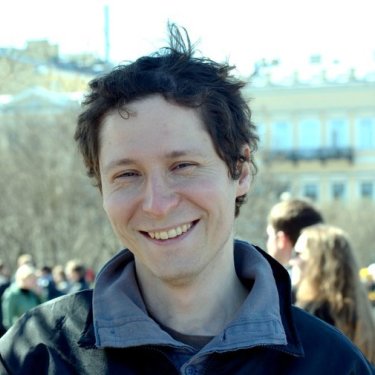Serbia refuses to explain arbitrary ban on Russian “foreign agent” journalist

Reporters Without Borders (RSF) is dismayed by the clear signs that Serbia’s decision to deny entry to an Israeli-based Russian journalist – who was briefly arrested last year while filming outside the Russian embassy in Belgrade – was influenced by Russia, where he has been labelled a “foreign agent” since 2021.
When Roman Perl arrived in Belgrade for a private visit on 8 June, airport officials simply gave him a document – that he has shared with RSF – listing all of the articles of the law under which he was being refused entry as a “risk to national security.”
A freelancer for Current Time TV, a Russian-language TV channel founded by US broadcasters Voice of America and Radio Free Europe/Radio Liberty, Perl is convinced that he has been “blacklisted” by the Serbian authorities at the Kremlin’s request.
His suspicion is supported by several media investigations implicating Serbian Deputy Prime Minister Aleksandar Vulin, the former head of Serbia's Security and Information Agency (BIA), in spying on Russian citizens in Serbia.
Serbia’s interior and information ministries did not respond to RSF’s requests for an explanation.
Perl was briefly detained outside the Russian embassy in Belgrade at the request of embassy personnel last year after he interviewed a man for a documentary who was carrying a Ukrainian flag.
“In what way does a Russian journalist persecuted in Russia threaten Serbian constitutional order and security? It is unacceptable for a country that is a candidate to join the European Union to follow the road taken by the Kremlin in its persecution of independent media. We call on the Serbian authorities to halt all deportation and refoulement of Russian journalists who have fled their country and to resist the Russian influence within the government.
Harassment of journalists and human rights activists, including those with Russian and Belarusian citizenship, has intensified recently in Serbia. The victims include activist and filmmaker Andrei Gnyot, whose deportation to Belarus was ordered on 31 May although he faces the probability of several years in prison there.
Natasha Tyshkevich, the former editor of the Russian student newspaper DOXA, who has fled Russia and now lives in Europe, was detained at Belgrade airport for nearly two days in August 2023 before being sent back to Malta.
Since its invasion of Ukraine, Russia has stepped up pressure on countries it considers within its sphere of influence in order to harass Russian exile media. RSF has also condemned decisions by Georgia’s authorities to deny entry to Russian journalists without any justification.
